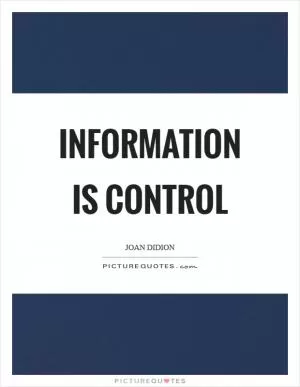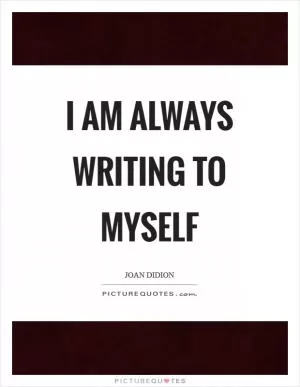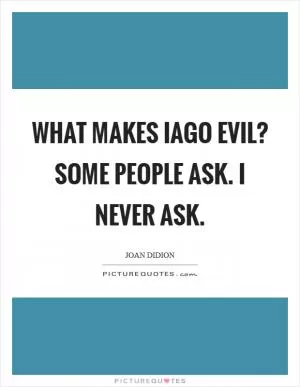Writers are always selling someone out

Writers are always selling someone out
In her seminal essay "Slouching Towards Bethlehem," Joan Didion famously wrote, "Writers are always selling someone out." This provocative statement has been the subject of much debate and analysis, as it speaks to the complex ethical and moral dilemmas that writers often face in their work.Didion's assertion can be interpreted in a variety of ways. On one level, it can be seen as a commentary on the inherent nature of writing itself. In order to create compelling narratives, writers must draw on their own experiences and observations, often at the expense of others. This can involve revealing personal or sensitive information about individuals, or even fictionalizing real events in a way that may be perceived as a betrayal.
Furthermore, Didion's statement can also be viewed in the context of power dynamics within the writing industry. Writers have the ability to shape public perception and influence cultural narratives, which can have far-reaching consequences for the individuals and communities they write about. In this sense, the act of "selling someone out" can be seen as a form of exploitation or manipulation, as writers may prioritize their own agendas or interests over the well-being of others.
Additionally, Didion's assertion can be understood as a reflection of the complex relationship between truth and fiction in writing. As writers navigate the blurred lines between reality and imagination, they may inadvertently distort or misrepresent the experiences of others in their quest for artistic expression. This can lead to ethical dilemmas and questions of accountability, as writers must grapple with the consequences of their creative choices.
Ultimately, Didion's statement serves as a reminder of the ethical responsibilities that writers bear in their craft. While the act of "selling someone out" may be a necessary part of the writing process, it is crucial for writers to approach their work with empathy, integrity, and a commitment to truth-telling. By grappling with these complexities, writers can strive to create work that is both artistically compelling and ethically sound.












 Friendship Quotes
Friendship Quotes Love Quotes
Love Quotes Life Quotes
Life Quotes Funny Quotes
Funny Quotes Motivational Quotes
Motivational Quotes Inspirational Quotes
Inspirational Quotes